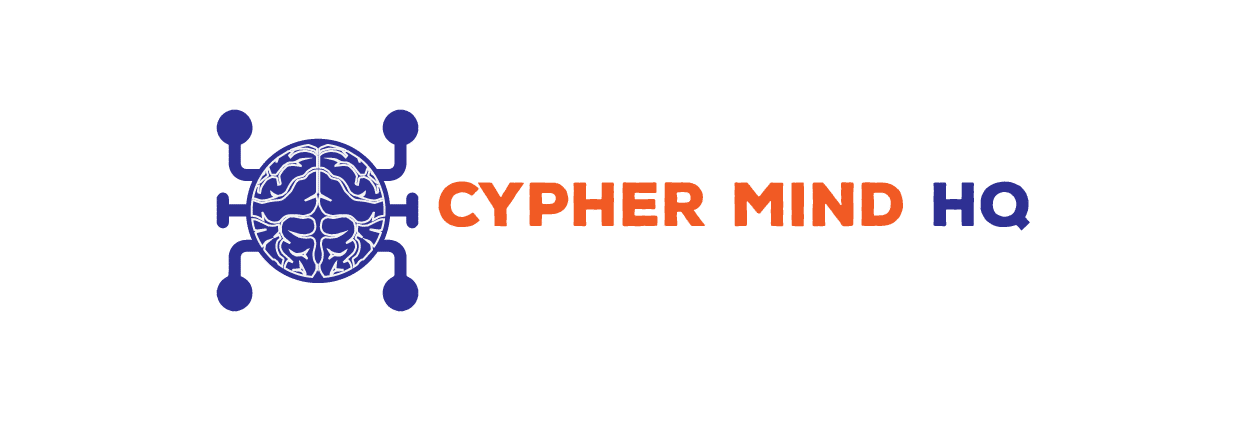Key Insights:
- Bill Gates sees AI reducing the workweek to three days, transforming sectors like healthcare and programming with enhanced productivity.
- AI advancements led to a $2.4 trillion increase in tech market caps amidst concerns over potential misuses such as deepfakes.
- Governments in the US and EU address AI’s ethical challenges, focusing on regulations to mitigate risks and guide technological progress.
Bill Gates has recently shared an intriguing perspective on the potential of Artificial Intelligence (AI) in reshaping the conventional workweek. In a discussion with comedian Trevor Noah, Gates highlighted the possibility that AI advancements could significantly reduce working days, suggesting a three-day workweek could become the norm.
AI: A Catalyst for Enhanced Productivity
AI’s impact on productivity is profound in various sectors, such as programming, testing, and healthcare. Gates envisions AI as a tool for replacing jobs and a transformative force, shifting the focus from repetitive tasks to more creative and strategic work. This shift could lead to less manual labor and more leisure time, contingent on effective management and government support during the transition.
Moreover, a recent report notes that AI’s influence extends to the global market. An increase of $2.4 trillion in the market caps of major U.S. tech companies is partly attributed to the AI surge. Particularly noteworthy is Nvidia Corporation, which has experienced significant growth, catapulting it into the $1 trillion market cap club. This economic impact highlights AI’s expanding role across industries.

CypherMindHQ.com Artificial Intelligence Crypto Trading System - Surpass the competition with this cutting-edge AI system! Utilize the prowess of innovative algorithms and amplify your crypto trading strategies with CypherMindHQ. Learn more today!
Navigating the Challenges of AI Integration
Despite the optimism surrounding AI, challenges remain. Gates acknowledges the complexities in fully understanding AI, noting instances where AI systems have made basic mathematical errors. Additionally, concerns loom over the potential misuse of AI, including the creation of deepfakes and the proliferation of cyberattacks.
In response, the US government, under Vice President Kamala Harris, has engaged in discussions with AI industry leaders. These dialogues focus on the roles and responsibilities in mitigating the risks associated with AI development. This move reflects a growing awareness of the need for regulatory measures in the face of rapidly advancing AI technologies.
Similarly, the European Union has taken proactive steps by passing the EU AI Act. This legislation places the EU at the forefront of AI regulation, emphasizing the importance of controlling AI to prevent its use for illegal activities.
The Road Ahead: Embracing an AI-Transformed Society
Amidst the enthusiasm for AI’s potential, some analysts urge caution. They point to potential practical challenges, including costs, risks, ethical issues, and possible job displacements in some sectors. These concerns underscore the need for a balanced approach to AI integration into our daily lives and workplaces.
Gates’ vision of a three-day workweek driven by AI offers a compelling glimpse into the future of work. It highlights AI’s role in enhancing efficiency and prompts important discussions about adapting to and managing significant societal changes. As AI continues to evolve, its impact on our work patterns, leisure time, and social structures promises to be substantial. It necessitates careful planning and strategic foresight for a future where humans and AI coexist productively and harmoniously.



